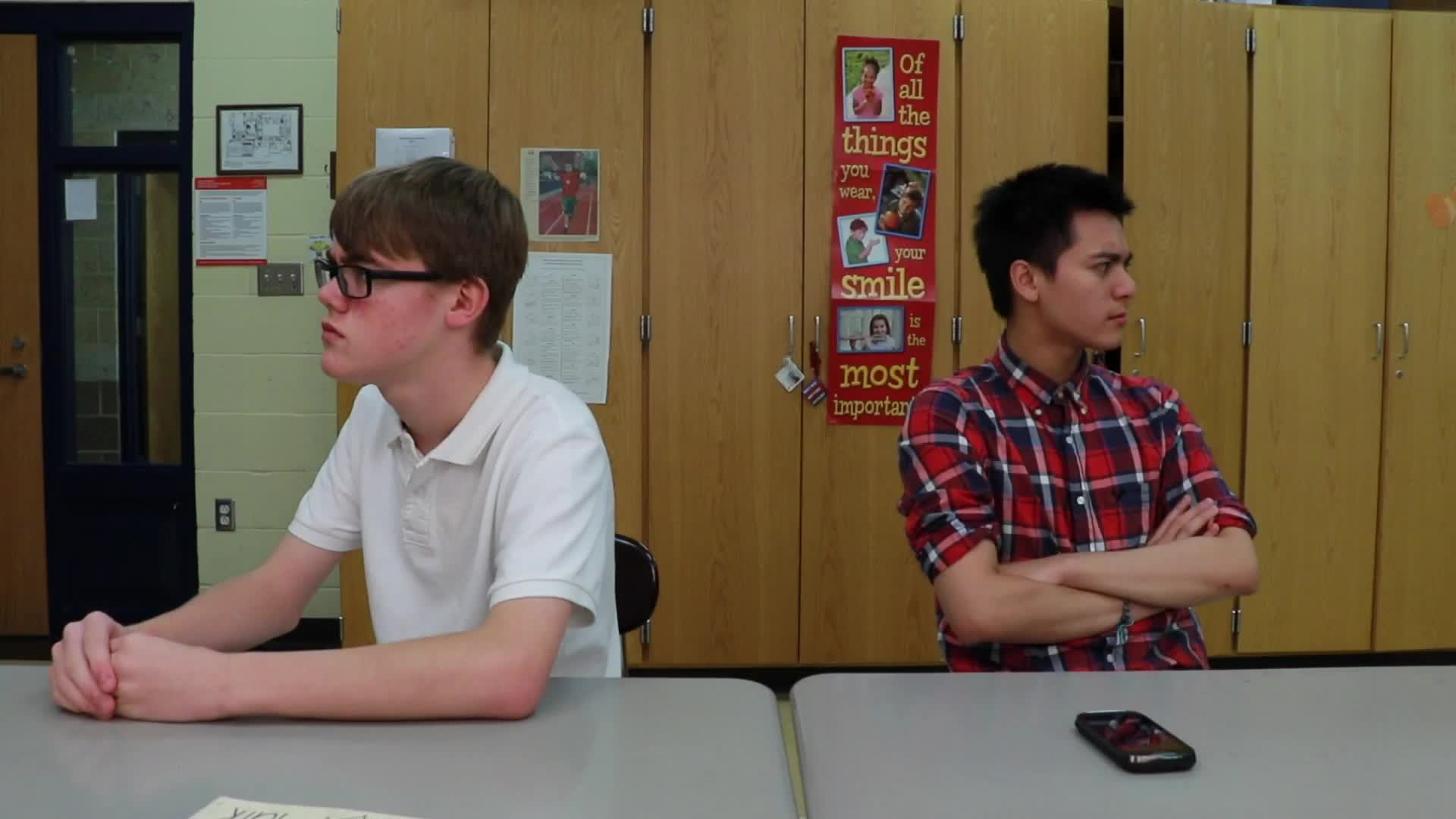
As educators, we understand the importance of teaching our students how to communicate effectively and resolve conflicts. This is especially important for students in special education who may face unique challenges in understanding and expressing their emotions. In this blog post, we will explore an activity that requires no preparation, discuss related skills, and provide next steps for further exploration.
No-Prep Activity: Role-Playing Conflict Resolution
One effective way to teach communication and conflict resolution skills is through role-playing. This no-prep activity allows students to practice expressing their feelings and finding solutions to problems in a safe and structured environment. Here’s how it works:
- Divide students into pairs.
- Present a common conflict scenario, such as the one involving Mike and Jeff from the prompt. Alternatively, you can ask students to come up with their own scenarios.
- Assign roles to each student in the pair (e.g., one student plays Mike, and the other plays Jeff).
- Give students a few minutes to think about their character’s feelings and perspective.
- Ask the pairs to role-play the scenario, focusing on expressing their feelings and finding a solution to the conflict.
- Afterward, discuss the role-play as a group and reflect on what strategies were effective in resolving the conflict.
Discussion Questions
- Why is it important to express our feelings when we’re upset with someone?
- How can taking a break to calm down and think about the other person’s perspective help us resolve conflicts?
- What are some strategies we can use to communicate effectively when we’re upset?
- How can role-playing help us practice communication and conflict resolution skills?
- What other situations can we apply these skills to in our daily lives?
Related Skills
Beyond communication and conflict resolution, there are other social-emotional learning skills that can benefit students in special education. Some of these include:
- Empathy: Understanding and sharing the feelings of others.
- Active listening: Paying full attention to the speaker and demonstrating understanding through verbal and nonverbal cues.
- Assertiveness: Expressing one’s feelings, needs, and opinions in a respectful and confident manner.
- Self-awareness: Recognizing and understanding one’s emotions, strengths, and challenges.
Next Steps
Now that you have learned about the importance of communication and conflict resolution skills for students in special education, it’s time to explore more resources and activities. To help you get started, we invite you to sign up for free sample materials at Everyday Speech. These materials cover a wide range of social-emotional learning skills and provide valuable resources for educators working with special needs students.

